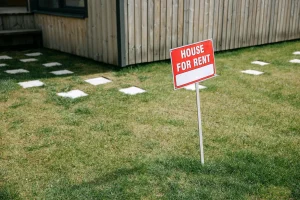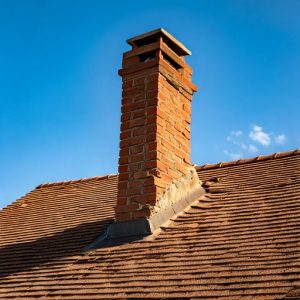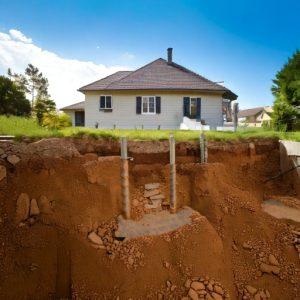As a homeowner, discovering foundation issues can be a cause for concern. Foundation problems can lead to various issues such as uneven floors, cracks in walls, and doors or windows that don’t close properly. When faced with foundation problems, it’s essential to understand the key differences between foundation repair and foundation replacement to make informed decisions about the best course of action for your home.
Foundation Repair: Fixing the Underlying Issues
Foundation repair involves addressing the underlying issues that have caused the foundation problems. It typically focuses on stabilizing and reinforcing the existing foundation to prevent further damage and restore the foundation’s structural integrity. Foundation repair methods may include:
- Foundation Underpinning: This involves adding additional support to the foundation by installing piers or pilings underneath to reach stable soil layers and lift the foundation back into its original position.
- Crack Repair: Cracks in the foundation walls or floors can be repaired using various methods such as epoxy injections, polyurethane injections, or carbon fiber reinforcement.
- Moisture Control: Managing moisture levels around the foundation is crucial to prevent further damage. Methods may include installing proper drainage systems, waterproofing, and sealing foundation walls.
- Soil Stabilization: Soil issues, such as expansive clay soil or poor compaction, can be addressed through soil stabilization techniques like chemical injections or soil replacement.
Foundation Replacement: Rebuilding the Foundation
Foundation replacement involves completely removing the existing foundation and constructing a new foundation from scratch. This is typically a more extensive and costly process compared to foundation repair and may be necessary in cases where the existing foundation is severely damaged or structurally unsound. Foundation replacement may be recommended if:
- The foundation is beyond repair: In some cases, foundation damage may be too severe or widespread to be effectively repaired, and foundation replacement may be the only viable solution.
- The foundation is outdated or inadequate: Older homes may have foundations that were built using outdated or inadequate construction techniques, materials, or designs, and replacing the foundation may be necessary to ensure long-term stability and safety.
- Major structural modifications are planned: If you’re planning significant renovations or additions to your home, it may be necessary to replace the foundation to accommodate the changes and ensure proper structural support.
- Safety concerns: If your foundation poses a safety risk to you and your family, such as in the case of severe settlement, sinking, or leaning, foundation replacement may be the best option.
Conclusion
In conclusion, understanding the key differences between foundation repair and foundation replacement is crucial when faced with foundation problems. Foundation repair focuses on addressing the underlying issues and stabilizing the existing foundation, while foundation replacement involves completely removing and rebuilding the foundation. Consulting with a professional foundation repair expert, like Advanced Systems of Northeast Kansas, is essential to accurately assess the condition of your foundation and recommend the most appropriate solution for your specific needs. Early detection and timely action can help protect your home’s value and ensure the safety and stability of your foundation for years to come.






